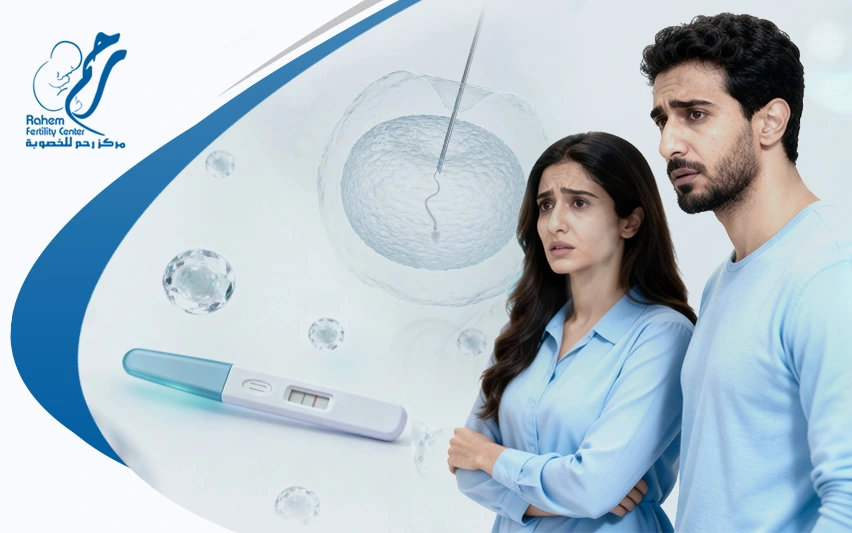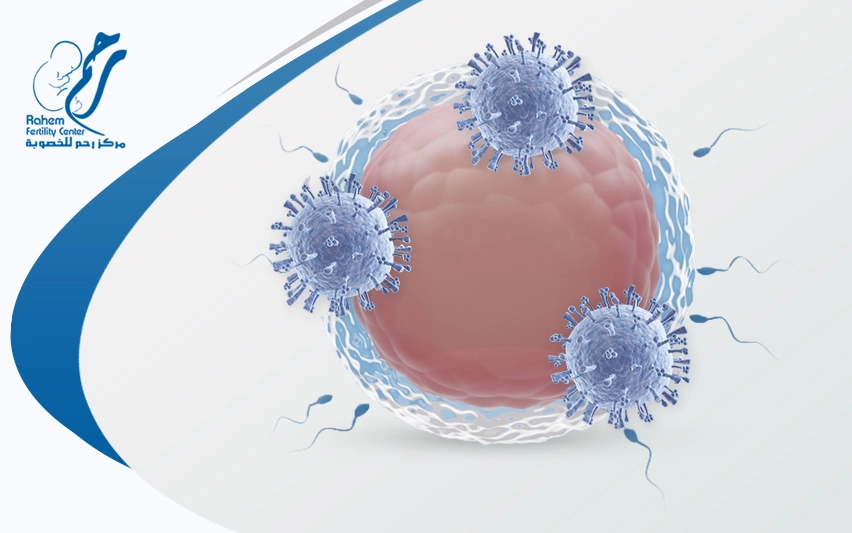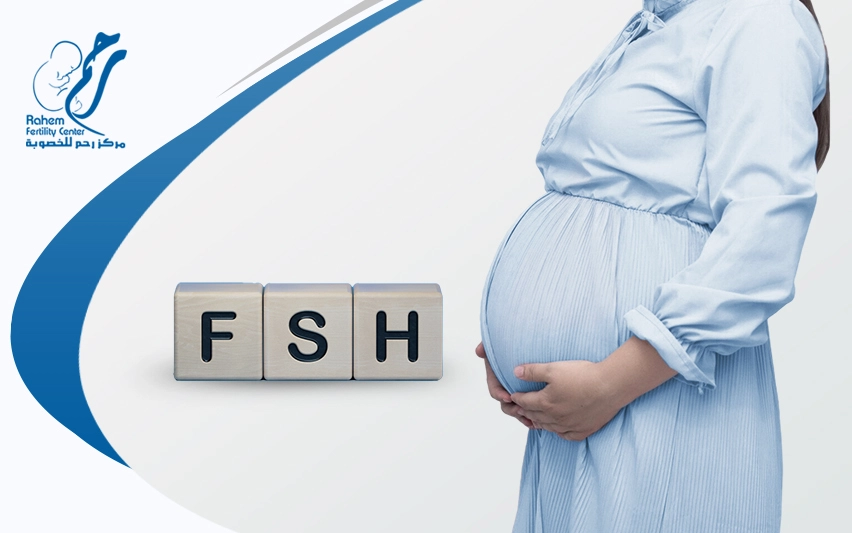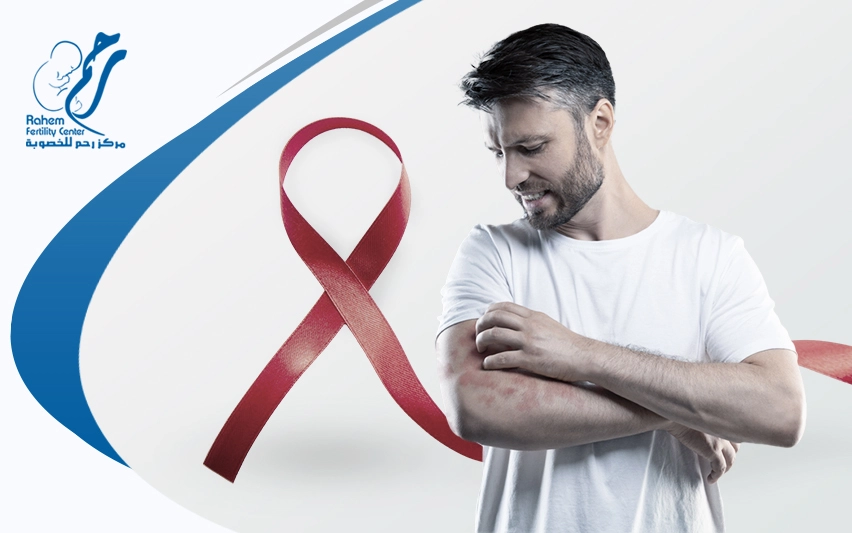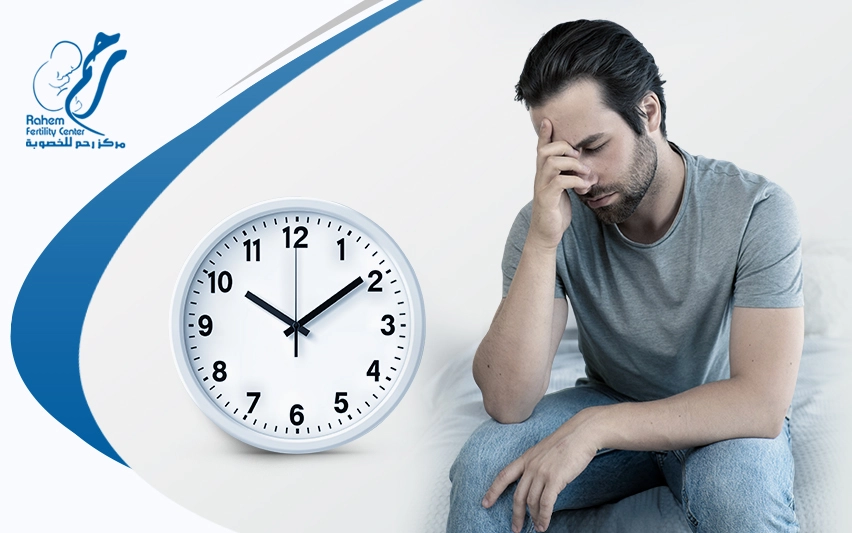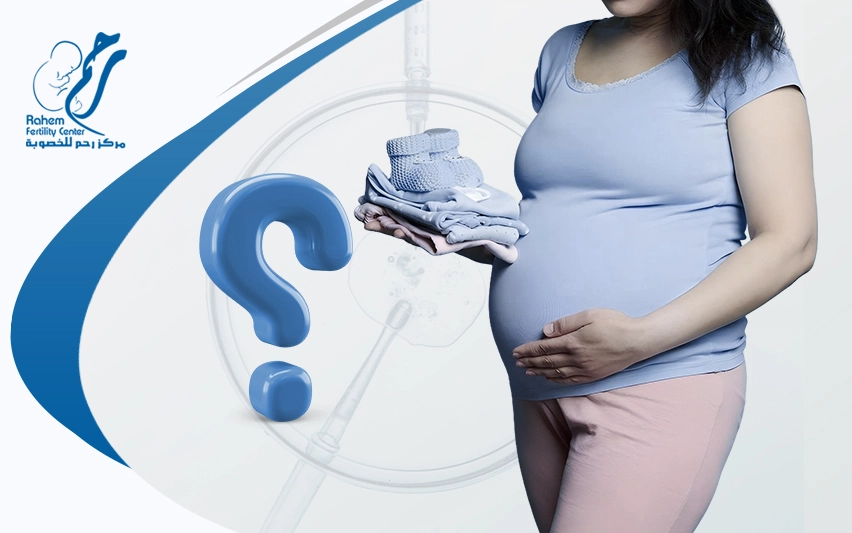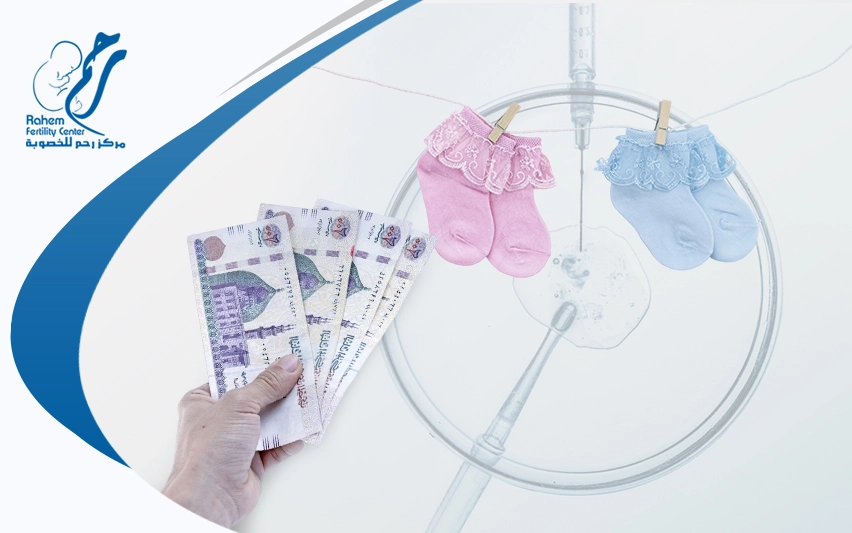Among the most significant steps in IVF, egg retrieval marks the moment when possibility turns into action. It is the stage where eggs are finally collected for fertilization.
For many, this step brings a mix of excitement and anxiety. So what should you expect?
Get your inquiry
At Rahem Center, our vision is to be at the forefront of distinguished scientific centers in the field of fertility assistance, not only in Egypt but in the world.

What Happens During the Egg Retrieval Process?
The egg retrieval procedure, also called oocyte aspiration, is usually done 34 to 36 hours after the final “trigger shot” that prepares the eggs for collection. Under sedation or light anesthesia, a fertility specialist uses ultrasound guidance to retrieve eggs from the ovaries using a fine needle.
The process takes around 20 to 30 minutes and is generally low-risk. Some women may feel mild bloating or cramping afterward. Once retrieved, the eggs are assessed and prepared for fertilization in the lab, marking a vital transition in the IVF cycle.
read more about: IVF Journey
How Long After Egg Retrieval Can You Get Pregnant?
The question “How Long After Egg Retrieval Can You Get Pregnant?” doesn’t have a straightforward answer. The timeline to a confirmed pregnancy after egg retrieval varies depending on several factors, such as whether a fresh or frozen embryo transfer is used.
To provide further explanation, fertilization happens within hours of egg retrieval, and embryo transfer generally takes place three to five days later unless the embryos are frozen for future use. If the embryo is successfully transferred, implantation can occur within six to ten days.
So, pregnancy is usually confirmed around two weeks after the transfer. This period is often referred to as the “two-week wait”.
know more about : IVF Anxiety
Is Egg Retrieval the Worst Part of IVF?
Some women ask, “Is egg retrieval the worst part of IVF?” because they find egg retrieval to be the most challenging step, not necessarily due to the procedure itself but because of emotional anticipation and fear of limited egg production.
Physically, the procedure is tolerable for most and is performed under controlled conditions. At advanced fertility centers, patients receive clear pre-procedure instructions and compassionate post-care support.
read more about : Frozen egg transfer
Are 6 Eggs Retrieved Good for IVF?
The question “Are 6 Eggs Retrieved Good for IVF?” doesn’t have a simple yes or no answer, as there is no single “perfect” number of eggs.
Some women may produce 10 to 15 eggs, and having 6 eggs retrieved is considered acceptable, especially if they are of high quality and mature. However, success in IVF is not just about quantity, it is about the potential of those eggs to develop into healthy embryos.
Research shows that even smaller egg counts can lead to healthy pregnancies when managed correctly by a skilled medical team.
know more about : why women should freeze their eggs
Egg Retrieval as a Milestone, Not a Barrier
The egg retrieval stage represents more than just a medical step; it is a meaningful milestone in your IVF experience.
Although it may seem physically or emotionally demanding, it also signals progress and possibility. With expert guidance and personalized care, this phase can empower you and bring you closer to the dream of parenthood.
At Rahem Fertility Center, we will guide you through each step of your IVF journey with support, expert medical care, and a treatment protocol designed specifically for you. Contact us now to schedule your appointment.




